88 Time Signature Note Values
3/8, 6/8, and 9/8 time are a totally different counting structure from 2/4, 3/4, 4/4.

88 time signature note values. For example, in nine eight time the number of beats per measure (beat unit) is three (9 ÷ 3 = 3). You cannot look at a piece of music written in 12/8 time as any other key signature, like 4/4 with a triplet feel (which would be a basic shuffle feel) 6/8 or whatever, because that would change the entire feel of the song. Anytime you see a time signature with an "8" as the bottom number, you have a compound time signature.
A time signature is also known as a measure signature or a meter signature;. #> <Music string> #> Format:. Space-delimited time #> Values:.
The pulse note in 6/8 time is the dotted quarter note. Add the correct time signatures. You now have the time signature 4/6, in which a quarter notes duration is equal to the duration of a quarter note inside a sextuplet.
A time signature consists of two numbers;. It is also associated with specific time signatures such as 2 2.Contrast with half time. Keep the original 4/4, but put in twice as many bar lines and double the note values (eight note becomes a quarter note, etc.) but feel the tune ‘in 2’.
Sometimes is better to not write meter at all, just notate the rhythms and the tempo. This makes clear that we need a way to represent a note value that fills a bar, no matter what the meter signature is of the bar. The numbers can be as literal as simple meter:.
How many beats are there in every measure in 8/8 time signature what is Italian madrigal?. The upper number of the time signature tells us the number of beats that should be in each measure. Some people get confused between the terms time signature and meter.
Look for tied. In jazz the term means using note values twice as fast as previously but without changing the pace of the chord progressions. The full lesson covers all the time si.
The 4/4 time signature is the most commonly used in almost every genre of music. In tonal Western art music, when a piece tends primarily to use the pitches of a single major or minor scale, it is said to be in that major or minor key. Introduction to Counting Syllables.
A good example of this is the use of 3/4 time and 6/8 time. The time signature in music is represented by a set of numbers, one on top of the other, resembling a fraction. So there can be no time signature.
The time signature 2/4 and 4/8 are actually similar on page, but the only difference is how we count the quaver beats. The time signature (also known as meter signature, metre signature, or measure signature) is a notational convention used in Western musical notation to specify how many beats (pulses) are contained in each measure (), and which note value is equivalent to a beat. The time signature (also known as meter signature, metre signature, or measure signature) is a notational convention used in Western musical notation to specify how many beats (pulses) are contained in each measure (bar), and which note value is equivalent to a beat.
The time signature consists of two numbers, stacked one on top of the other. It is a way of managing and writing complex tuplets. Below are a few examples of typical time signatures in music notation.
Western music conventionally uses time signatures in multiples of two in relation to a whole note (2/4, 8/8, 3/16). There are three main types of time signatures:. It’s so common that its other name is common time and the two numbers in the time signature are often replaced by the letter C.
The note values in 8/8 time will be the same as in 4/4 time, so you would write quarter note = 116. But this is not a reliable rule. What the Numbers Mean.
7/8+9/8 = 16/8 = 2 Measures of 8/8 (4/4) or. You don’t like 8/8 time signatures?. How about 6/8 time signature??.
Now cut that measure off after the 4th quarter inside the sextuplet. The time signature is the amount of notes of a given value that fit inside a bar;. Time signatures actually come in two flavors:.
The top number indicates the number of beats in each bar;. The following melody requires a different time signature in each bar. Time signatures consist of two numbers written like a fraction.
They delineate and mark off varying values of sound (and silence) in a composition. Senior High Time Signature Featured Quizzes. The bottom number is a symbol to indicate the type of beat.
You'll see in the image some other irrational time signatures as well (2/6, 1/5, 7/10, 2/10). Use clues to help you:. It refers to a notational rule employed in Western musical notation, and the function is to spell out the number of pulses or beats that should be featured in each bar, as well as the note value that.
The bottom number of the time signature indicates a certain kind of note used to count. Music in 8/8 time would still have the duration of 4/4 time, the difference is that 8/8 time would use 1/8 notes more frequently. 6/8, 12/8, 8/8, 7/8, 9/8, 3/8, 15/8.
How many eighth notes are there in one measure ano ang kahalagahan ng half note?. As_music offers several additional arguments. You never put a fraction in the time signature,.
6/8, 9/2, and 12/16 are examples of compound time signatures. Key of C, 4/4 common time, and 60 half note beats per measure. In this case probably an 8th note pulse.
Sometimes, though rarely, composers will use a 16 representing the sixteenth note or a 1 representing the whole note in time signatures. 4 in Eb 4th movement comple. 4/6), it means that the whole note is divided into six parts.
The key is to know how to work out the value of the notes, then you can be sure of where it is to be played in the bar, and how it fits in with the notes around it. - 8 divided by 2 is 4. A whole note takes up a full measure in 16/16, 8/8, 4/4, and 2/2 time only.
Hindemith simply designates that the 8th note should be counted at 60. In jazz you write normal 4/4 or 12/8 values with notes like moderate swing, heavy swing, light swing, you don't write - ridiculous time signatures. Now that you have an idea of basic rhythmic values and notation used in music, you need to learn a little about time signatures.
The bottom number in the time signature indicates the duration value of a note. 1–2–3, 1–2–3, 1–2–3, 1–. 8 Time signature tells us how the music is to be counted.
Notes are generally beamed together to add up to one main beat. It means there are four quarter notes (or any combination of notes that equals four quarter notes) in every measure. It appears just after each clef on each staff:.
Go the other way instead:. Remember that a Time Signature tells us how many beats are in each measure and what kind of note is going to get the beat that we're counting. Just like 3/4 time would mean 3 beats to the measure, with the 1/4 note getting one beat.
The time signature is written at the beginning of the staff after the clef and key signature. The bottom number of the time signature always represents one of these basic rhythmic values - 1 for whole note, 2 for half note, 4 for quarter notes, etc. Are symbols that represent time and action in musical space:.
Just that, in each beat there is the triplet feel. Look for beamed notes. The upper number and the lower number.
Here are the basic notations for each note, along with its equivalent rest (a rest is silence, when no. They include default values:. A top number and a bottom number:.
Itsy Bitsy Spider (English Traditional) 15. C 8 d 8 e 8 f 8 g 8 a 8 b 8 < ceg~ > 8 < ceg > 1. The main pulse in most 3/4 musical compositions is felt on beat one, but all three pulses in 3/2 are meant to be played deliberately, with the first beat slightly emphasized.
But with the exception of more modern music, there are few examples where it would be the best choice for notating music. The number of notes allowed in each measure is determined by the time signature.As you saw in the time signature examples above, each time signature has two numbers:. Senior High Time Signature Fill In The Missing Number;.
These are known as compound time signatures. Reading the Time Signatures. Quadruple time means 4 main beats per bar.
Such pieces typically have groups of sharps or flats called key signatures.The following example has a D b-major key signature (five flats). Double dotted notes can be very confusing when learning a new piece, or especially when sight reading!. If the denominator of the time signature is a 6 (i.e.
You should beware, however, that this interpretation is only correct when handling simple time signatures. Read about What is Meter in Music. Ternary (also called "compound") time-signatures like 3/8, 6/8, 9/8 and 12/8 are notable exceptions, where it is most commonly the dotted-quarter --and not the 8th note-- that is perceived as a beat.
Compound Time signatures are often found in our music. Major Keys and Key Signatures 8.1 Introduction. Since how common 4/4 time is (it is even also referred to as common time) it makes sense that the notes name line up with the use in 4/4.
In a simple time signature, the top number gives the number of beats per measure, while the bottom number tells you which kind of note gets the beat. The "8" in the 5/8 time signature indicates that an eighth note receives one beat. In a non-4/4 or 2/2 context, the whole note should be understood to represent the entire bar.
I think the answer is:. It's like writing music in 8/8 instead of 4/4 - it would read the same, but the implication of the time signature would change how it's played or how it sounds. One thing is the feel and/or internal note values, and another very different thing is the time signature.
While the note values still relate to each other the same way (i.e. One of Paul Hindemith's String quartets from the 1940s is written in this same manner, but without the ever changing time signatures (he knew better). Add a 5/4 bar before the chorus and a 3/4 bar before the 2nd verse begins.
Theoretically, 4/1 time could exist. 16 on bottom = Sixteenth note gets the beat. Music objects also store key signature, time signature and tempo.
In sheet music, the time signature appears at the beginning of a piece as a symbol or stacked numerals immediately following the key signature (or immediately following the clef symbol if the key signature is empty). The 4/4/, 4/8, 7/4 and 7/8 are different types of time signatures. A piece of music with this time signature would be "in four four time" or just "in four four." 4/4 time doesnt have to be written as numbers.
It CAN be, but not necessarily. It is fairly rare for a sixteenth note or smaller value to be counted as the primary unit of the beat. The number of beats per measure (beat unit) is equal to the upper number of the time signature divided by three.
The bottom note can be any of these basic values - 1, 2, 4, 8, 16, 32, 64, 128, etc. A regular time signature is one which represents 2, 3 or 4 main beats per bar. Time signatures contain two numbers:.
While it is similar to the 3/4 time signature used in waltzes, the 3/2 time signature is meant to be performed more slowly. The bottom number coincides with a half note (2), quarter note (4), an eighth note (8), or a sixteenth note (16). In luzon, what music is colonially-influenced.
An eighth note = 2 sixteenth notes, etc), you change your method of counting so that an eighth note is worth a full beat, rather than a quarter note. The value of the whole note remains constant (4/4 = 6/6). Rhythms are notated using notes and rests.
In a music score, the time signature appears at the beginning as a time symbol or stacked numerals, such as or 3. Compound time signatures don't work this way. Additionally, they are proportional to one another as to how they may be divided from larger into.
This time signature chart shows the most common regular time signatures. By pulse, I mean as you hear music in 12/8 you tend to feel what is similar to 4 beats in a bar. ONLY ARMIES KNOW THIS SONG.
The time signature chart also shows you which are simple and compound time signatures. FOREVR YOUNG what is the value of eight note in 2/4 time signature ?. The time signature is a reference frame.
The Double Dotted Note. A time signature tells you how the music is to be counted. A new main beat cannot begin in the middle of a beamed group.
2.That is what the time signatures would be haha. 40 note/rest value cards and 16 time signature cards, Rules and instructions on how to play. The beat unit is equal to the duration of three note values of the lower number.
2/4 time, 3/4 time, 4/4 time, 3/8 time, 9/8 time, 4/2 time, 3/1 time, and so on. Triple time means 3 main beats per bar. The denominator of the time-signature in most cases shows the note value per beat;.
There are others in addition to these, of course. The most common meter in music is 4/4. For He's A Jolly Good Fellow.
Durational values Durational Values are those symbols (“note values”) that are used to represent the relative length of a particular sound in music. I think an important aspect of 12/8 is the fact that it often has 4 pulses. Duple time means 2 main beats per bar.
The 4 represents a quarter note value. In music and dance, double-time is a type of meter and tempo or rhythmic feel by essentially halving the tempo resolution or metric division/level. Is great for learning about how time signatures and note/rest values work in a fun, simple way!Perfect for home and classroom.
The 3/4 time signature has mostly 1/4 notes with three-quarter notes to the bar. The bottom "4" in 4/4 time indicates that a quarter notes receives one beat. Time Signatures, Counting & Note Values Time Signatures, Counting & Note Values Fill In The Missing Number;.
The lower number indicates the note value which represents one beat:. Now add the dot. For the first poster:.
It's both wrong and arbitrary to say "Yeah, 12/8 is more of a swung feel.";. Work out what value of note is used for the main beat. The time signature is written at the beginning of the staff after the clef and the key signature.
6/8 6 beats in the measure Eighth note gets the beat. The upper number indicates how many beats per measure. A whole note has the value of 4 quarter notes or 2 half notes.
It can be a variety of note values, as in 2/4 (4 representing a quarter note), 6/8 (8 representing an eighth note), or 2/2 (2 representing a half note). The top number represents the number of beats per measure, while the bottom number represents the note value for each beat. On a secondary level we can experience compound meter in a simple way.
“2” stands for the half note, “4” for the quarter note, “8” for the eighth note and so on. In 4/4, the stacked numbers tell you that each measure contains four quarter note beats.

How Many Beats Are In 6 8 Time Music Practice Theory Stack Exchange
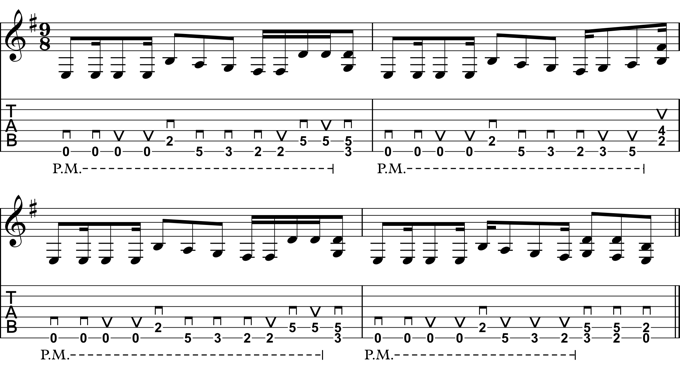
Rhythm Basics Understanding Time Signatures Part 1 Craig Bassett

How To Understand And Count In 6 8 Time Signature Youtube
88 Time Signature Note Values のギャラリー

Triplets In 9 8 Time Music Practice Theory Stack Exchange

Fractional Tuplet Time Signatures Musescore

The Difference Between 3 4 6 8 Time With Examples School Of Composition

How Many Beats Does Each Note Get

Cannot Create 5 8 Time Signature Musescore
1

Don T Listen To Them Suckas When They Say You Too Irrational Secret Society
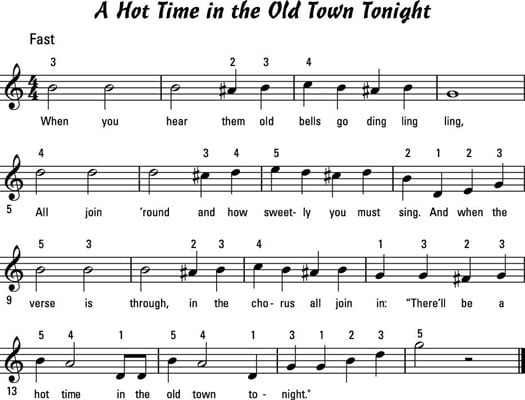
How To Count Out Common Time Signatures To Play The Piano Or Keyboard Dummies

Time Signatures And Measures With 9 Examples 4 4 3 4 6 8

Dmlqr7zinhkmm

How To Count Rhythms 10 Steps With Pictures Wikihow

Don T Listen To Them Suckas When They Say You Too Irrational Secret Society

Music Theory Odd And Compound Time Signatures Ask Audio
Ranking Criteria Timing Songs With 8 Signatures Knowledge Base Osu

When You Take A Music Theory Look Behind Master Of Puppets You Ll Find This Weird 5 8 Microtiming Deviation Music News Ultimate Guitar Com

Time Signatures

Time Signature Music Appreciation 1

Time Signatures Reading Music Studybass

The Difference Between 3 4 6 8 Time With Examples School Of Composition
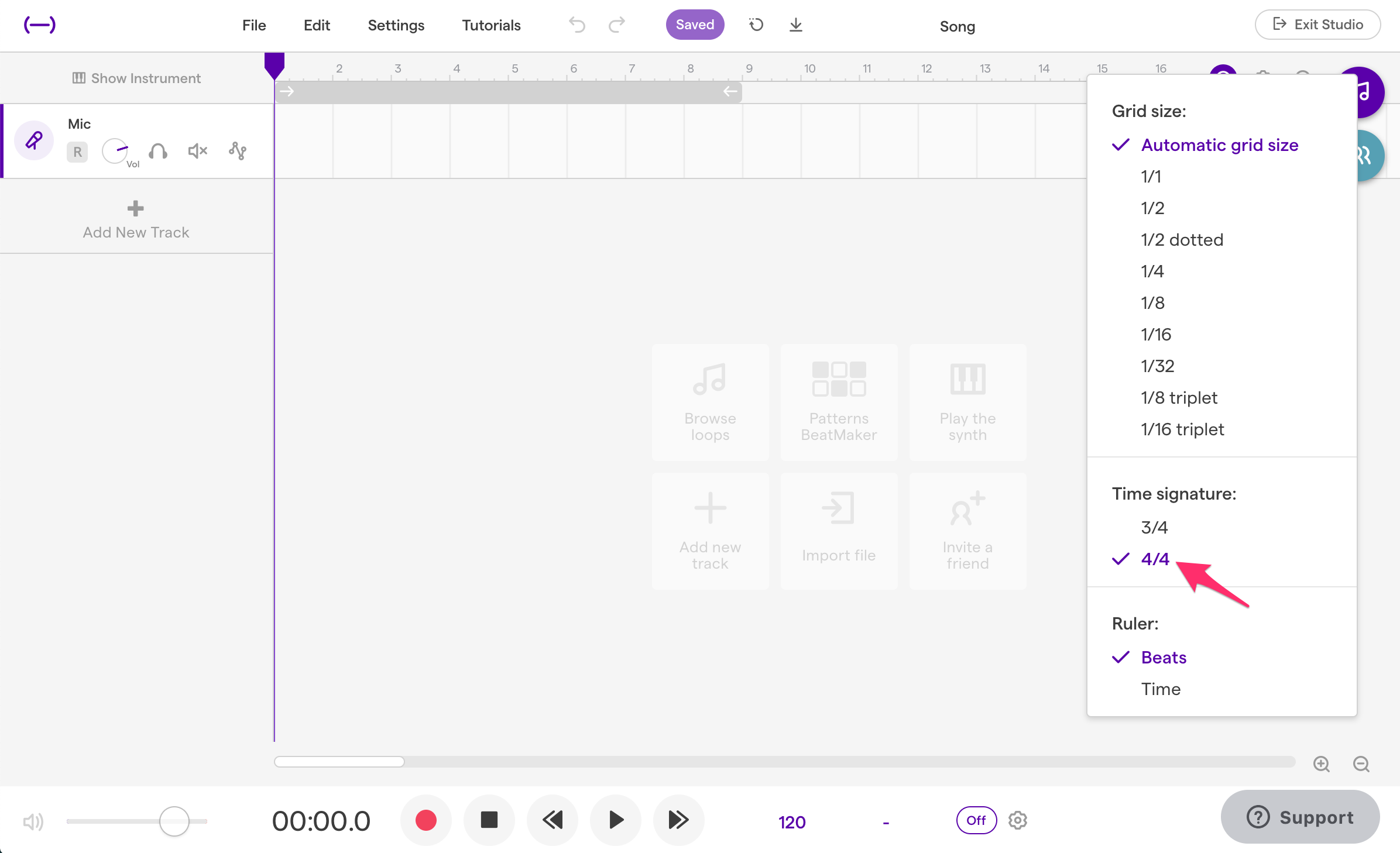
How To Change Time Signature And What It Means Soundtrap Support
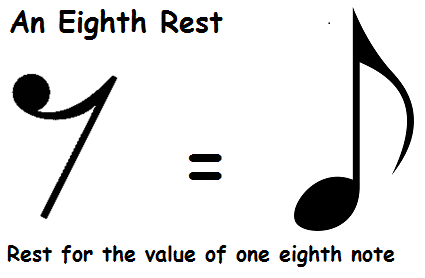
The Eighth Rest Quaver Rest

Time Signature Wikipedia

How Many Beats Does Each Note Get

The 8 Most Common Rhythms And How To Simplify Tricky Rhythms In Music

Understanding Time Signatures And Meters A Musical Guide
In A 6 8 Time Signature Does An 8th Note Equal A Beat Quora
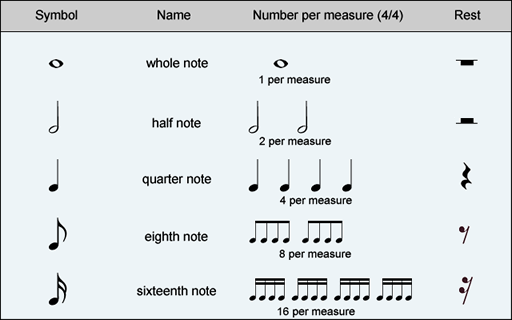
Rhythm Patterns Theta Music Trainer Ear Training And Music Theory
Entvision Music Theory Course Unit 12

Learn To Hear The 6 8 Time Signature Musical U
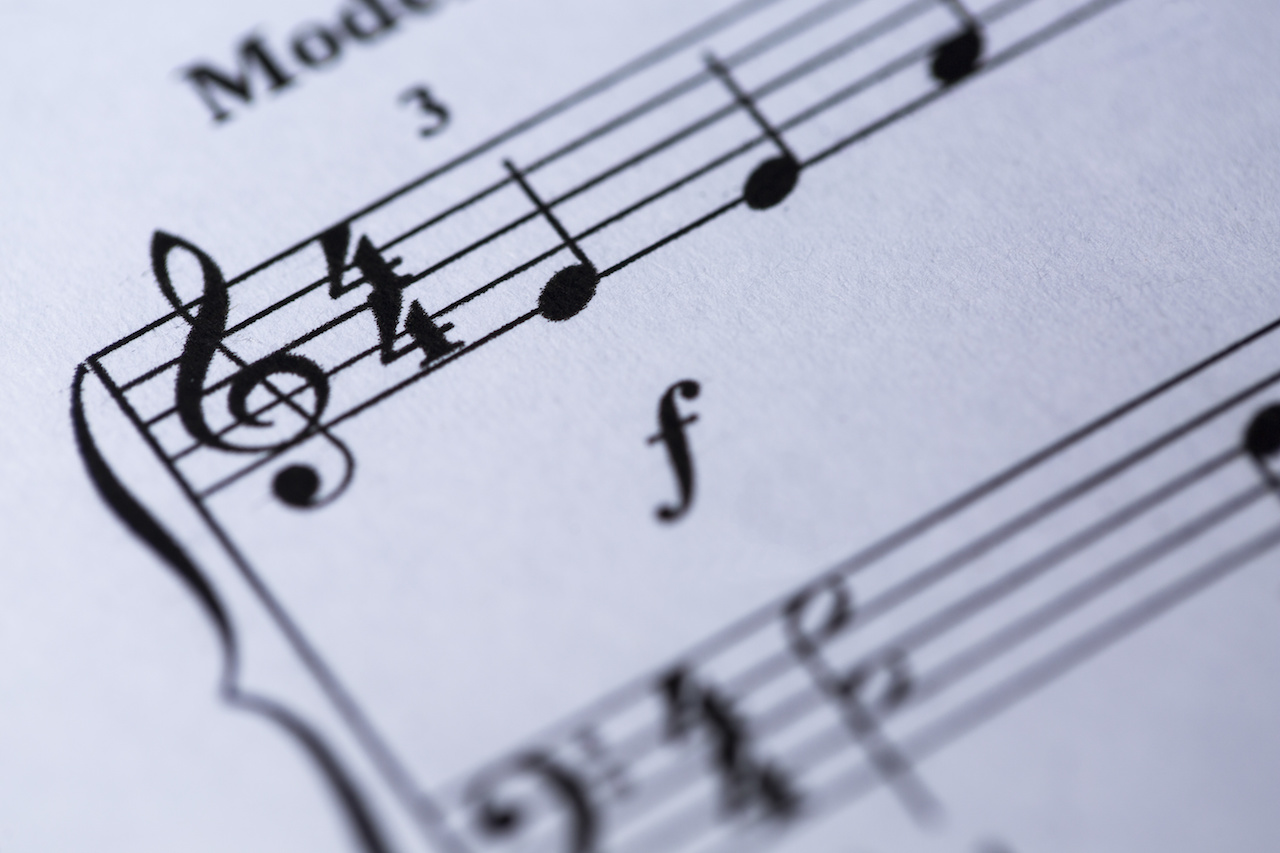
Time Signatures For Beginner Guitar Players How To Improve Rhythm

Z Ekmjqgqgb2mm

Understanding Time Signatures And Meters A Musical Guide
Http D Scholarship Pitt Edu 17 1 Leeky Etdpitt05 Pdf
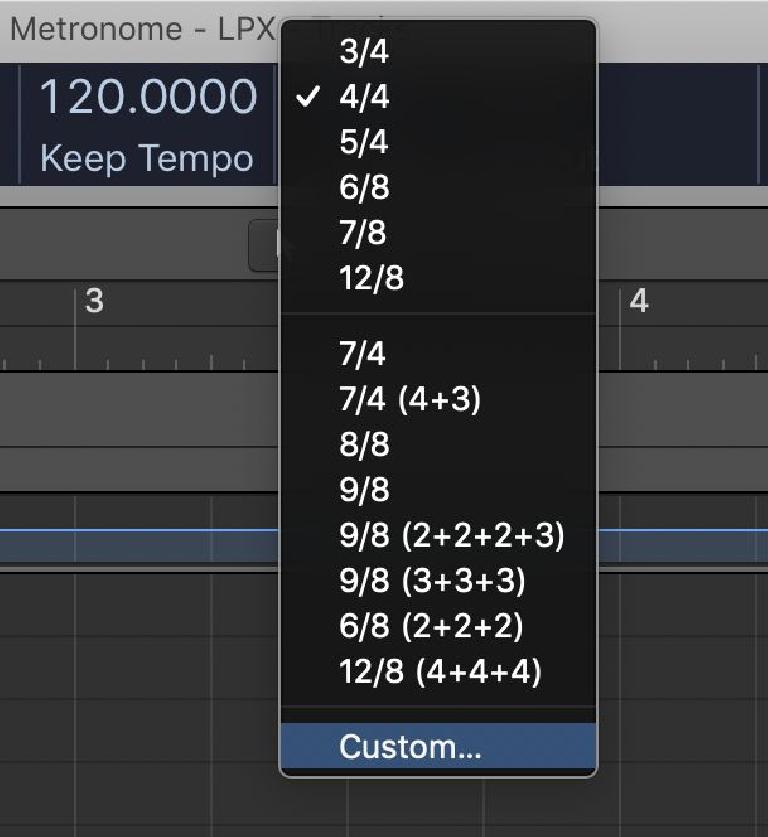
A Quick Guide To Customizing Logica S Metronome Click Macprovideo Com

The Difference Between 3 4 6 8 Time With Examples School Of Composition
Help Me Understand 6 8 Time Signature Musictheory

Part 3 Time Signatures Explained Writing Songs In 12 8

Rhythm Notation
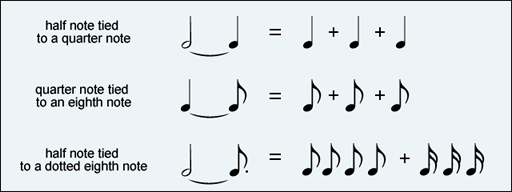
Rhythm Patterns Theta Music Trainer Ear Training And Music Theory

Understanding Time Signatures And Meters A Musical Guide

Time Signatures Reading Music Studybass

2 4 Or 4 8 Time Ultimate Music Theory

Learn To Hear The 6 8 Time Signature Musical U
Unusual Time Signatures In Video Game Music Rate Your Music
/MusicSheet-56a1472f3df78cf772691d89.jpg)
An Explanation Of Simple Meter
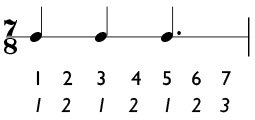
Introduction To Odd Meter Time Signatures Of 5 8 And 7 8
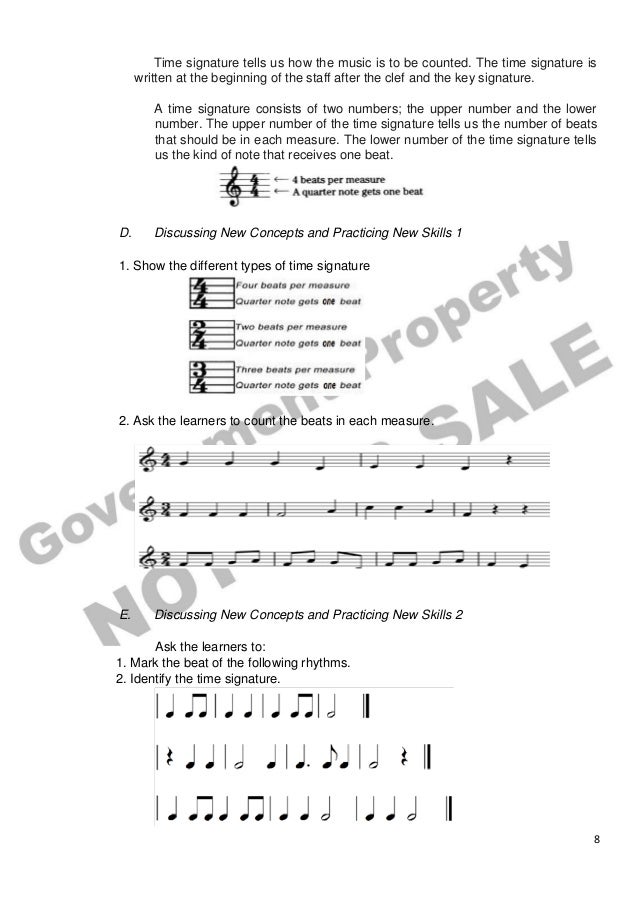
Music 6 Quarter 1

What Does It Mean When There Are Two Time Signatures Music Practice Theory Stack Exchange

Time Signature Music Appreciation 1

Strumming Patterns Lesson Five David May Guitar

Understanding Time Signatures And Meters A Musical Guide

Time Signatures And Measures With 9 Examples 4 4 3 4 6 8
Academiccommons Columbia Edu Doi 10 7916 D8hb0p1v Download

Best Drums Sheet Ideas Drums Sheet Drums Drum Sheet Music

Learn To Hear The 6 8 Time Signature Musical U

Free Piano Lesson 3 8 Time Signature Youtube
3

Metre Music Wikipedia
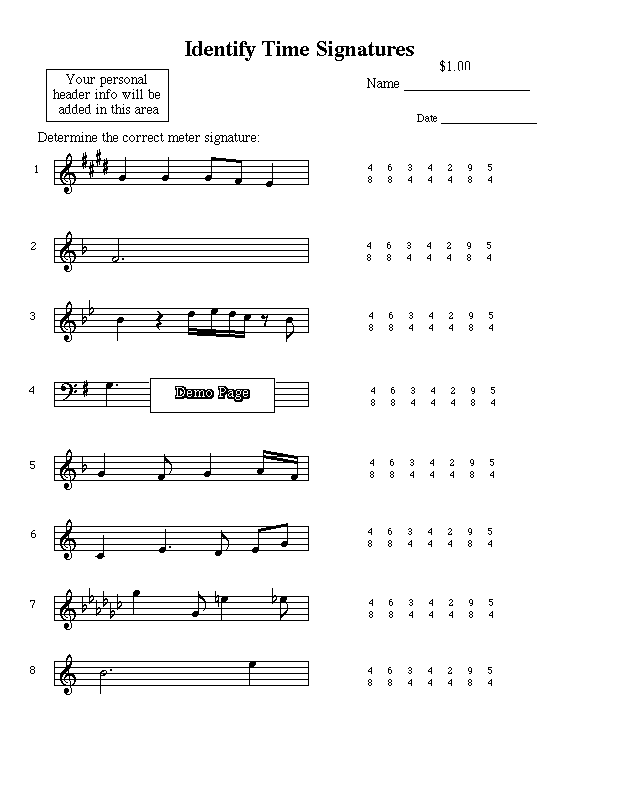
Free Downloads Rhythm Bar Lines Meter Note Values
Academiccommons Columbia Edu Doi 10 7916 D8hb0p1v Download
How To Rewrite Music In Simple Time To Compound Time And Vice Versa Without Changing The Rhythmic Effect Quora

Rhythm Notation

Introduction To Time Signatures Musical U

Time Signatures
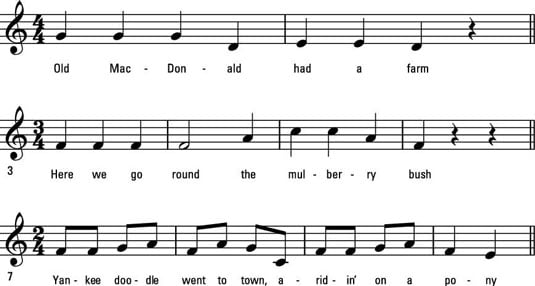
How To Count Out Common Time Signatures To Play The Piano Or Keyboard Dummies

Introduction To Odd Meter Time Signatures Of 5 8 And 7 8

2 4 Or 4 8 Time Ultimate Music Theory
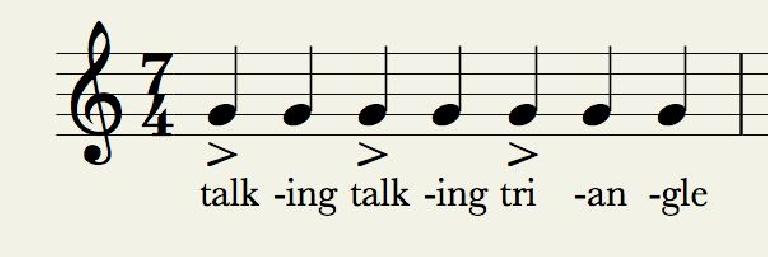
Music Theory Odd And Compound Time Signatures Ask Audio
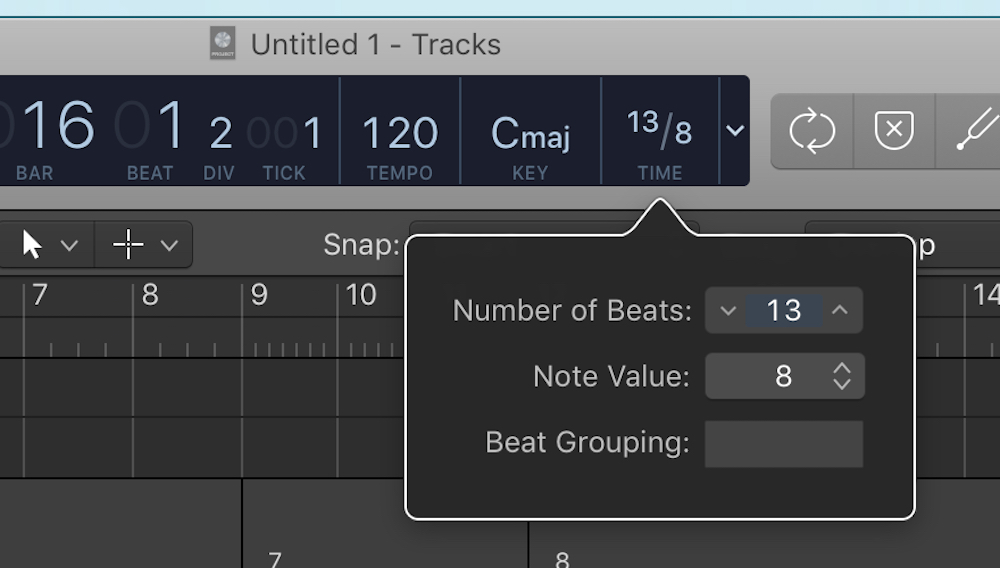
Working With Time Signatures In Logic Pro X 10 3 Logic Pro
Entvision Music Theory Course Unit 12

The Difference Between 3 4 6 8 Time With Examples School Of Composition

Time Signatures And Measures With 9 Examples 4 4 3 4 6 8

8 Time Signatures

Improvising In Complex Time Signatures Guitar Lessons Ultimate Guitar Com

The 8 Most Common Rhythms And How To Simplify Tricky Rhythms In Music
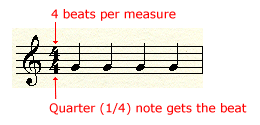
Understanding Time Signatures When Reading Music Music Theory Site

Quintuple Meter Wikipedia

Is There Any Practical Difference Between 3 4 And 3 8 Time Music Practice Theory Stack Exchange

Introduction To Time Signatures Musical U

Understand And Count In 6 8 Time Signature Youtube

Time Signatures And Measures With 9 Examples 4 4 3 4 6 8
Q Tbn 3aand9gctqvzdwrztpturtxq7ll7sf3gvk8yqwahgqjptvbmnemndp7wv2 Usqp Cau

Lilypond Notation Reference 1 2 3 Displaying Rhythms

Time Signatures And Measures With 9 Examples 4 4 3 4 6 8
Q Tbn 3aand9gctixqcdbvnpav3xd8mtpatse9jzqt Iphn Rrxhc9drfqccshrs Usqp Cau
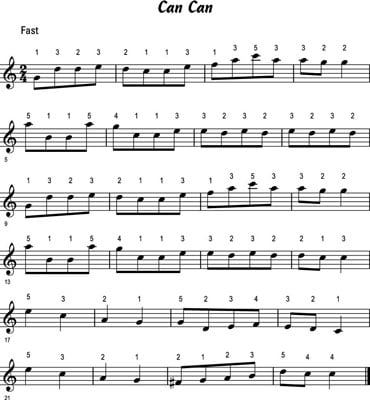
How To Count Out Common Time Signatures To Play The Piano Or Keyboard Dummies

Rhythm Definition Time Meter Britannica

6 8 Time Signature More On Rhythm Pianotv Net

Part 3 Time Signatures Explained Writing Songs In 12 8
8 Major Keys And Key Signatures Fundamentals Function And Form
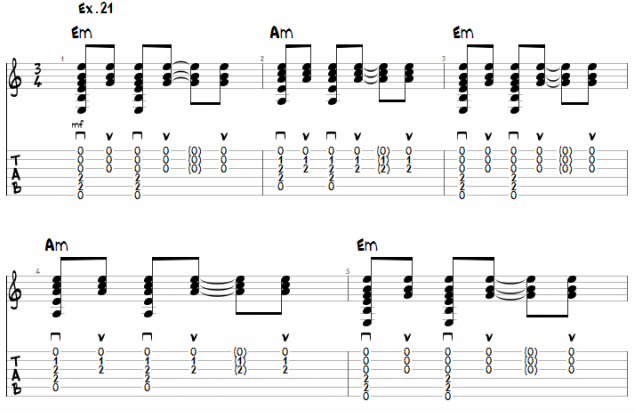
Strumming Patterns Lesson Five David May Guitar

Time Signatures Time Signature Chart

Understanding 6 8 9 8 And 12 8 Compound Time Signatures Youtube

The Difference Between 3 4 6 8 Time With Examples School Of Composition

Time Signatures

Rhythm Basics Understanding Time Signatures Part 1 Craig Bassett

3 Time Signatures
Http Core Ac Uk Download Pdf Pdf

The Difference Between 3 4 6 8 Time With Examples School Of Composition

6 8 Time Signature More On Rhythm Pianotv Net

Lesson 8




